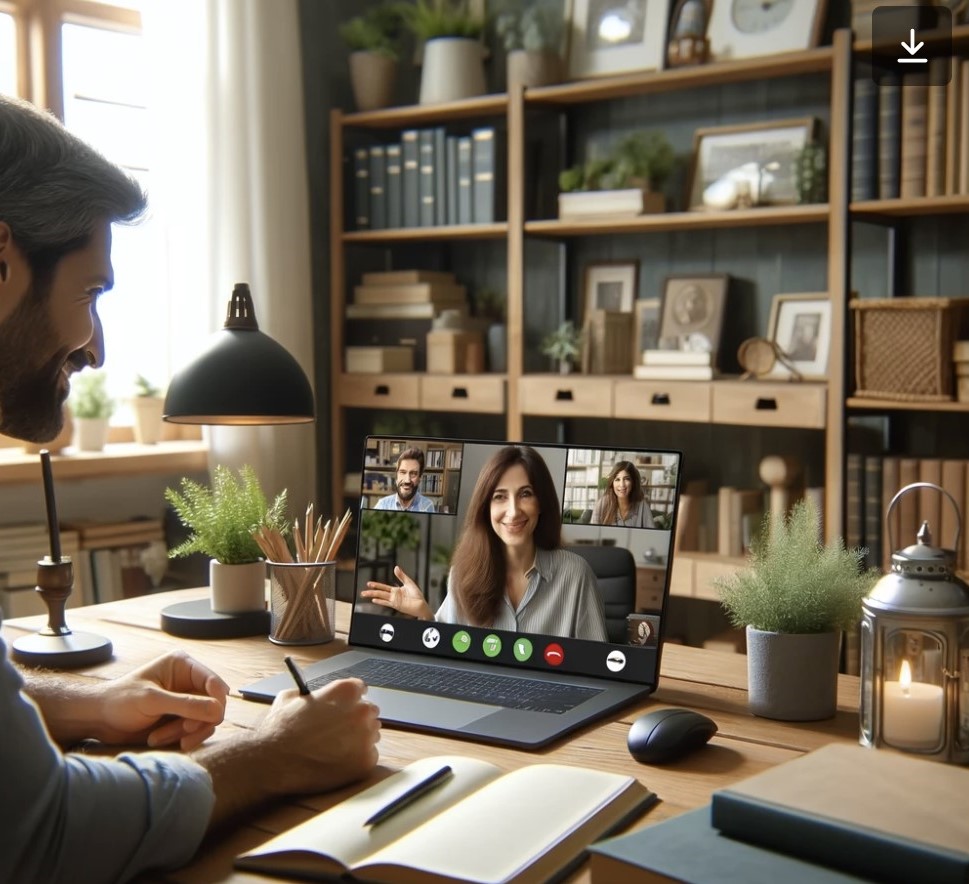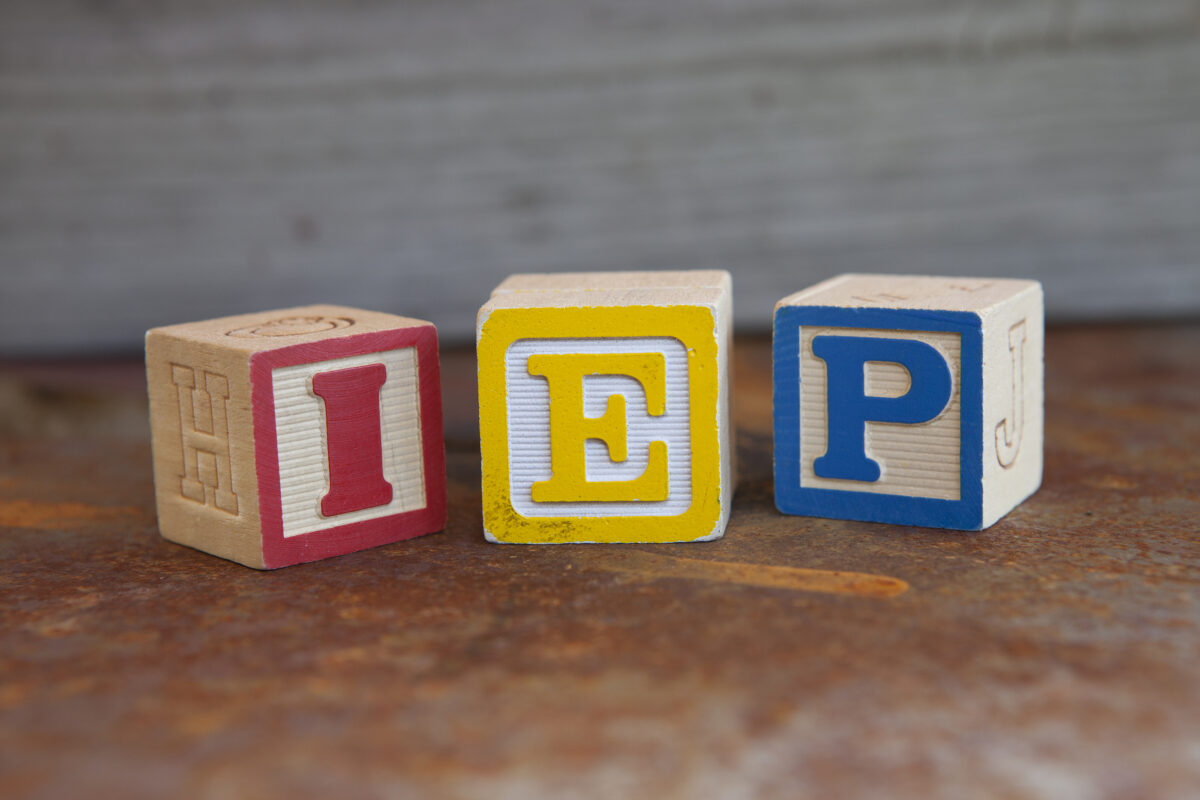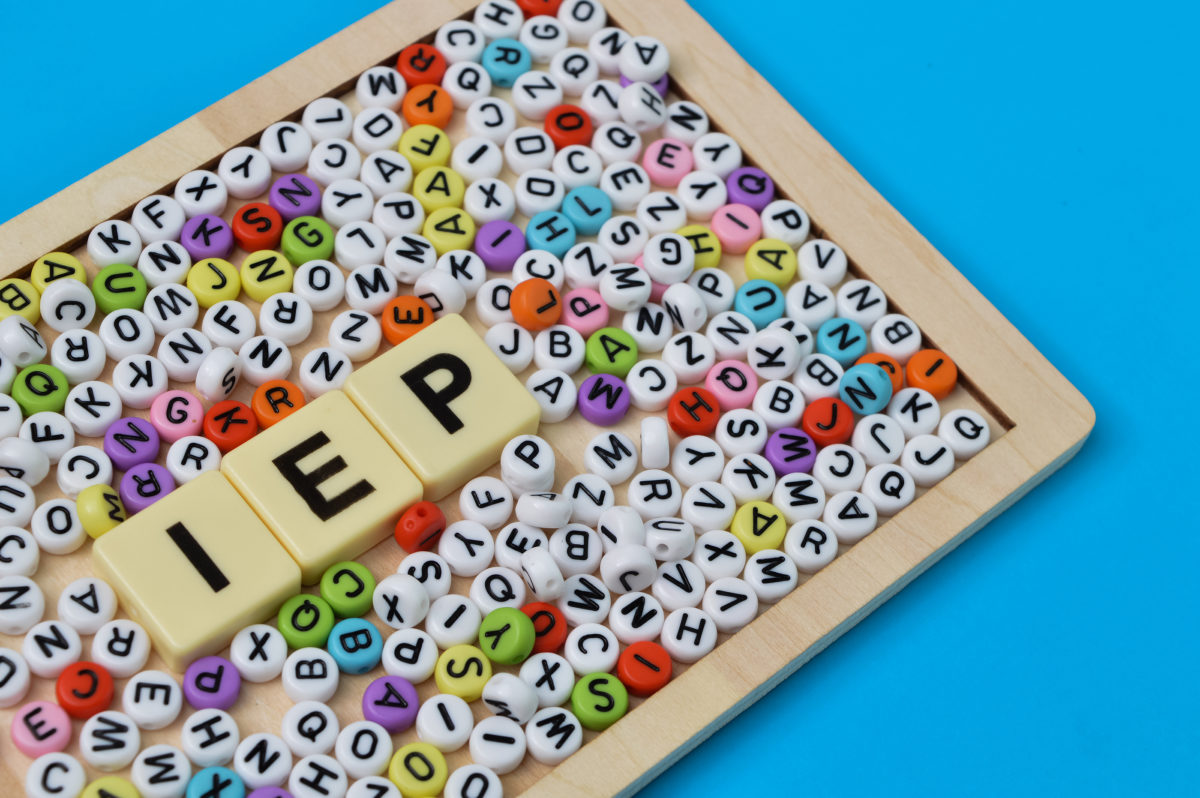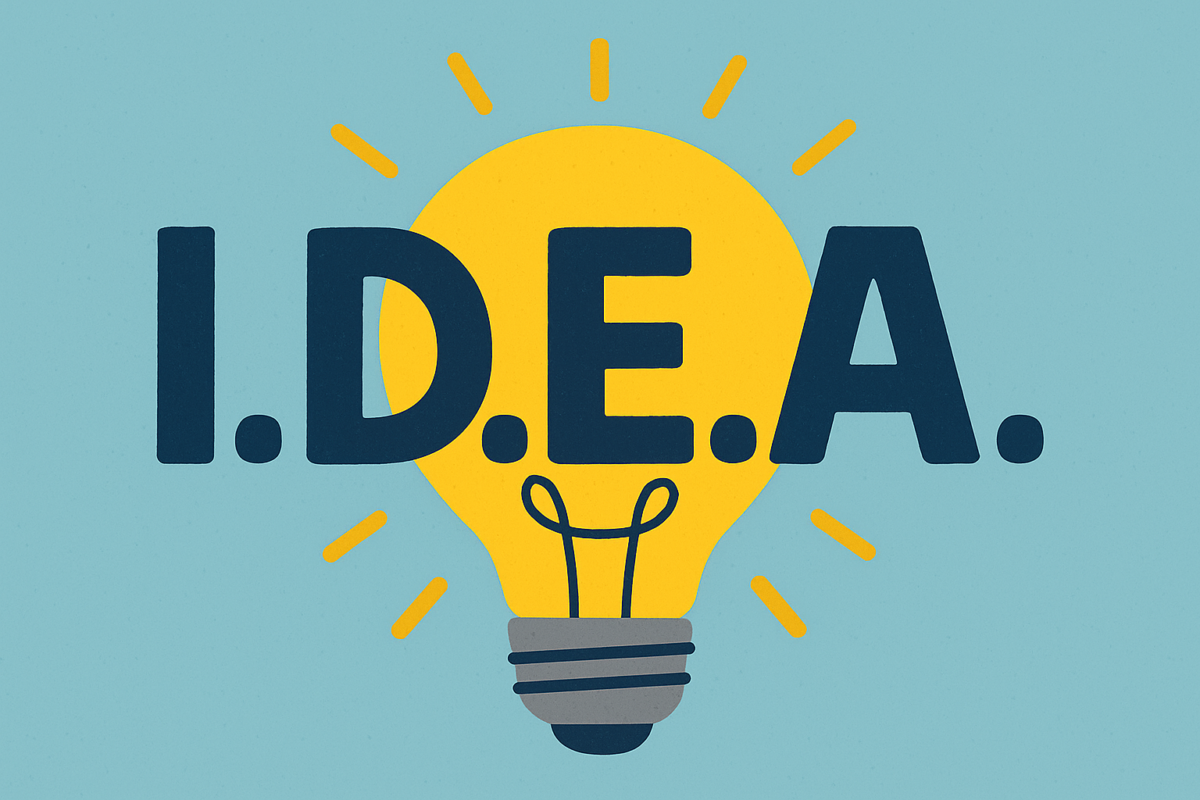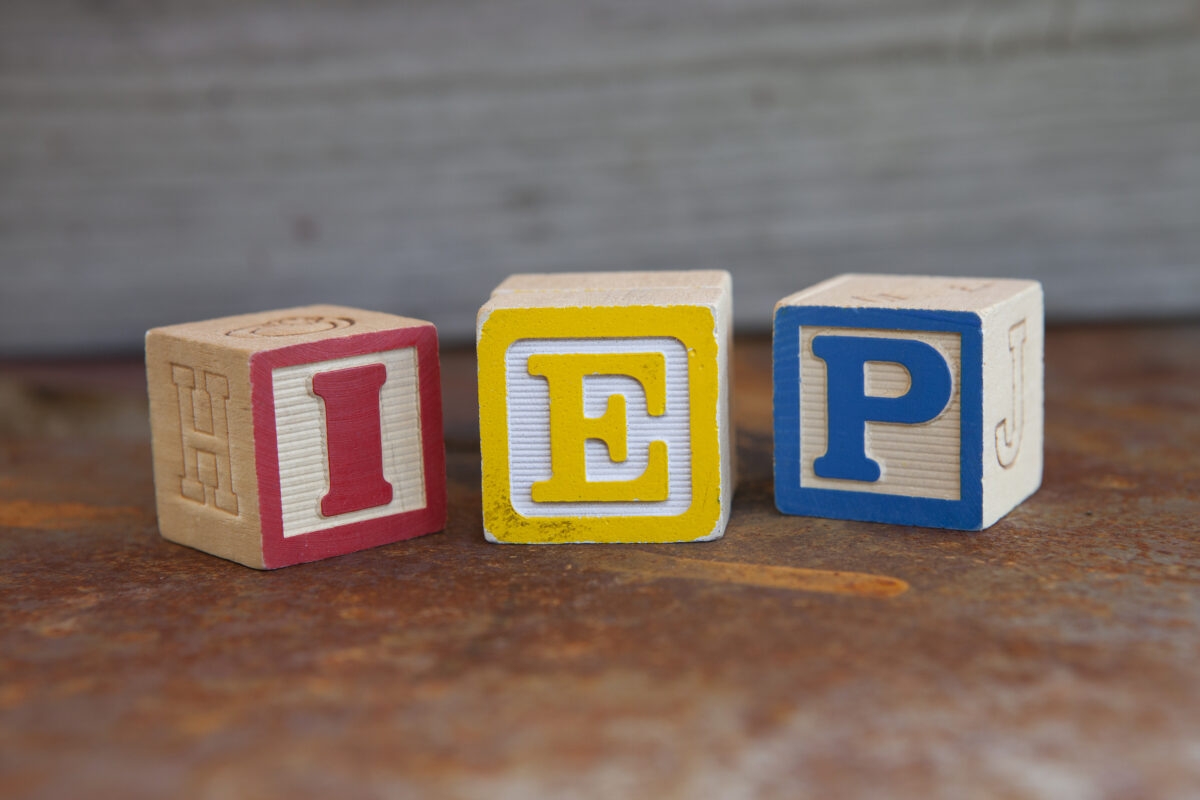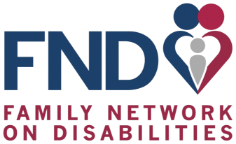Join our AI presenter, for an in-depth discussion on the Individuals with Disabilities Education Act (IDEA)
Thursday, May 1st at 1 PM EST
It’s a Great IDEA:
Module #1. Overview of the Individuals with Disabilities Education Act (IDEA)
IDEA is a federal law requiring schools to serve the educational needs of eligible students with disabilities. This presentation will provide an overview of IDEA in which participants will learn about the thirteen disability categories covered under IDEA and how each part of IDEA (A, B, C & D) deals with a specific area of the law. This presentation will also provide a glimpse at IDEA’s six major principles, focusing on student and parental rights as well as the responsibilities of public schools for students with disabilities.
Thursday, May 1st at 1 PM EST
It’s a Great IDEA: Module #2 – The Right of Students with Disabilities to Free Appropriate Public Education (FAPE)
The right to a Free Appropriate Public Education (FAPE) is a fundamental educational entitlement for all students in the United States and its territories, established under the Rehabilitation Act of 1973 and further supported by the Individuals with Disabilities Education Act (IDEA). This module will explain what FAPE entails for children who qualify for special education and related services, ensuring participants fully understand how this right impacts their child’s educational experience.
https://www.facebook.com/ParentSupportNetworkFL

